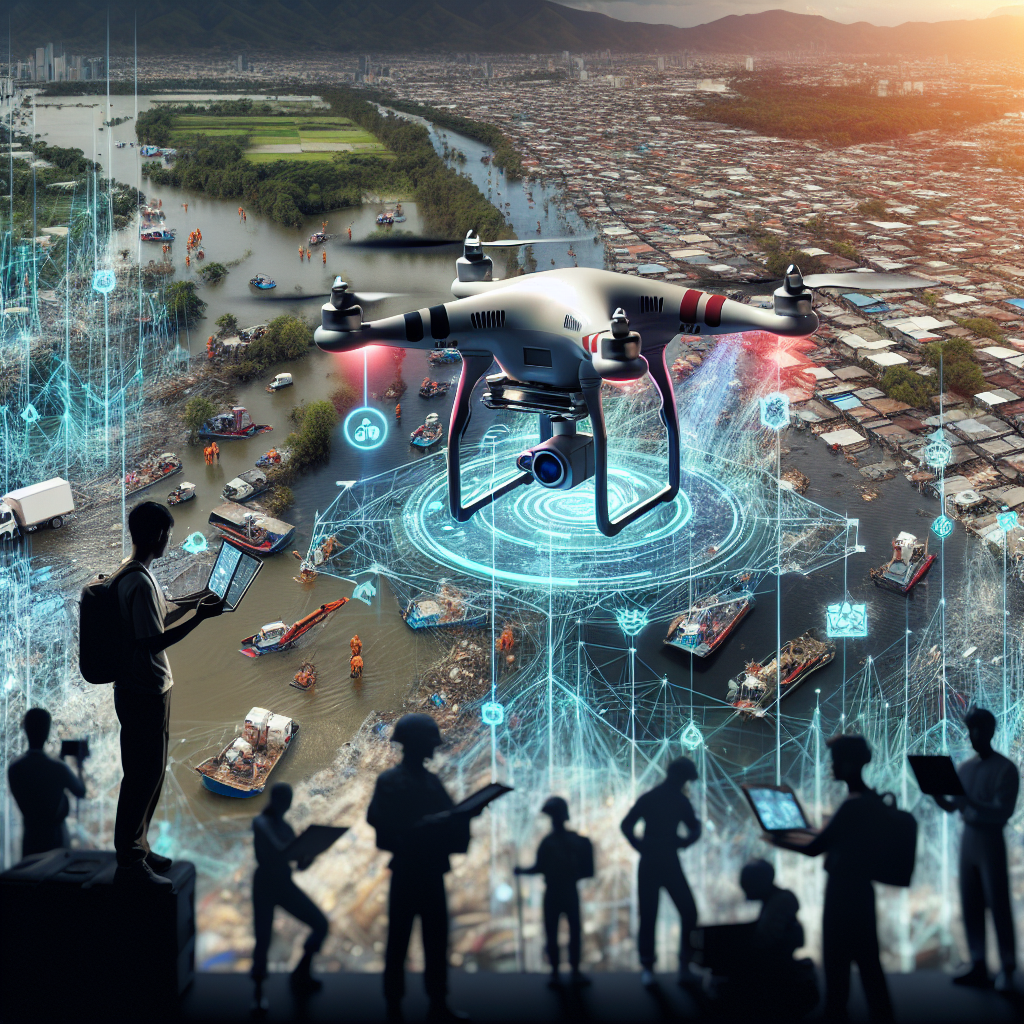“`html
Exploring the Role of AI in Disaster Relief
Hello there! 👋 Have you ever wondered how technology is changing the way we respond to natural disasters? It’s fascinating stuff, especially when it comes to Artificial Intelligence (AI). Let’s dive into some common questions and see what AI is up to in the world of disaster relief.
What role can AI play in disaster relief?
Great question! AI can significantly improve the efficiency and speed of disaster response efforts. It can process vast amounts of data swiftly to support decision-making processes during a crisis. Here’s how AI lends a hand:
- Predictive Analytics: By analyzing weather patterns and historical data, AI can help predict natural disasters like floods or hurricanes, giving communities more time to prepare.
- Risk Assessment: AI helps map out vulnerable areas at risk of disasters, enabling better preparedness and resource allocation.
- Resource Management: Algorithms optimize supply chains to ensure aid reaches the people who need it most.
How does AI improve communication during disasters?
AI is a wizard when it comes to sorting and analyzing data. During disasters, communication networks can become overwhelmed. AI helps by:
- Automating Reports: AI can scan social media and news reports to provide real-time updates and insights.
- Translating Languages: Language models translate emergency communications, ensuring information is accessible to all.
Are there real-world examples of AI in action?
Absolutely! Let’s look at a few shining examples:
- IBM’s Watson: Known for its linguistic capabilities, Watson has been employed to analyze social media for emergency info and locate distressed communities.
- Google’s AI for Flood Prediction: This initiative aims to provide flood alerts to vulnerable communities around the world, offering potentially life-saving lead times.
What are the challenges of using AI in disaster relief?
Every silver lining has a cloud, right? While AI is a powerful tool, there are some hurdles:
- Data Privacy: Gathering data might invade privacy if not done with care and transparency.
- Bias in Algorithms: AI is only as good as the data it’s trained on. If the data reflects human biases, so will its conclusions.
- Infrastructure Dependence: Reliable internet and power are needed for AI systems, which may be compromised during disasters.
Final Thoughts
AI is revolutionizing the way we approach disaster relief, allowing for more efficient and effective responses. While there are challenges to be faced, the potential for AI to save lives and reduce suffering is tremendously exciting. Have more questions or thoughts to share? Feel free to join the conversation!
Thanks for stopping by! Stay curious and stay safe. 😊
“`
